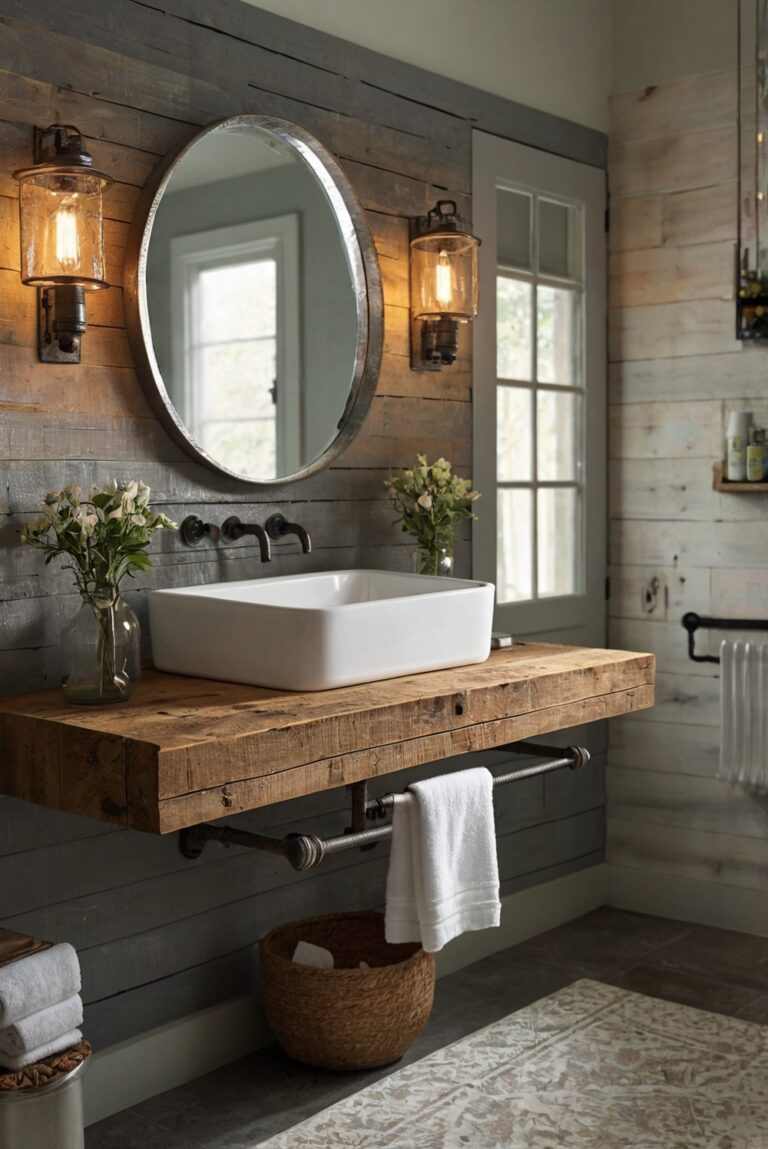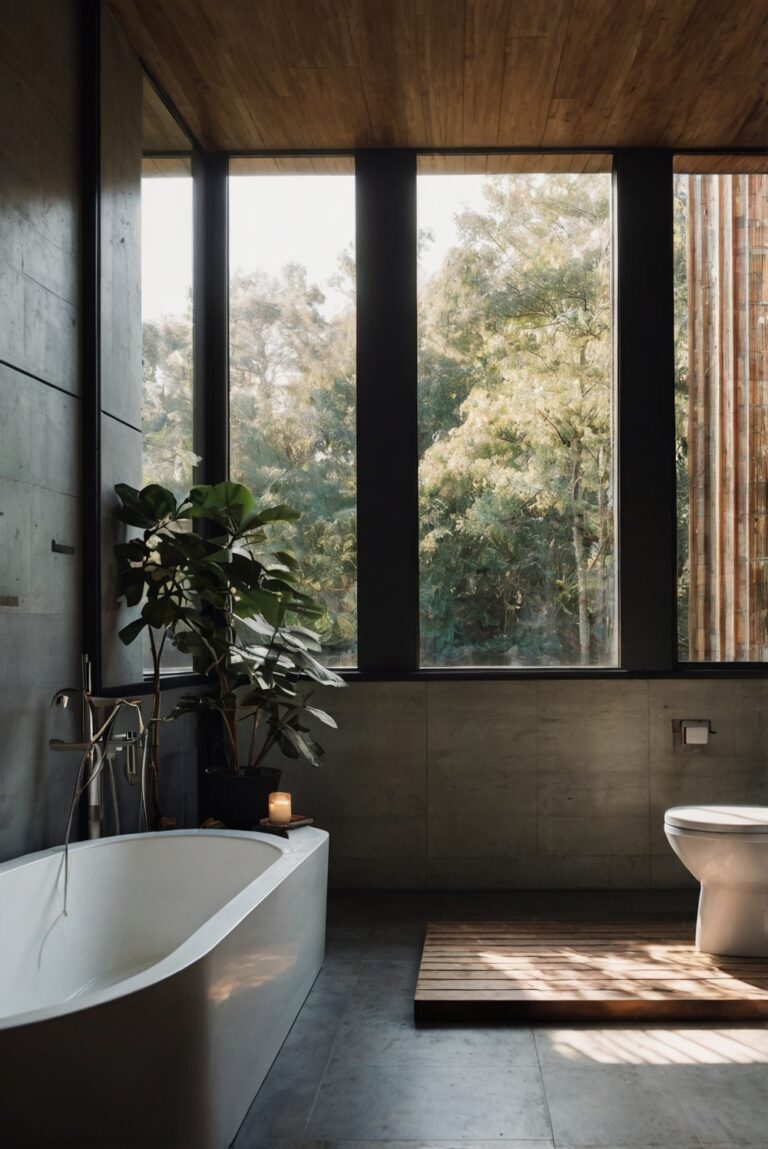Curious about the process of remodeling a bathroom? Learn about permits, design tips, and daily routines from an interior designer in this insightful post.
Do You Need Permits to Remodel a Bathroom?
16px font size bold: Yes, permits are typically needed when remodeling a bathroom.
In home decorating and interior design, particularly when it involves space planning, it is important to consider the legal aspect of renovations. When it comes to bathroom remodeling, obtaining the necessary permits ensures the work is up to code, meets safety regulations, and can help prevent issues with insurance claims in the future.
Professional designers and remodelers often advise homeowners to check with their local authorities to determine the specific permit requirements for bathroom renovations. Different counties or cities may have varying regulations, so it’s essential to be aware of these before starting any work.
Focusing on obtaining the appropriate permits shows a commitment to high-quality work and attention to detail. This process can also streamline the renovation project by minimizing unexpected setbacks.
Do You Need Permits to Remodel a Bathroom?
When it comes to remodeling a bathroom, one of the first questions that comes to mind is whether you need permits for the project. Permits are legal documents issued by the local government that allow you to make certain changes to your property. In the case of bathroom remodeling, the need for permits can vary depending on the extent of the work being done.
Why Are Permits Important?
Permits are important for several reasons. First and foremost, they ensure that the work being done meets the required building codes and safety standards. This is crucial when it comes to projects like bathroom remodeling, where issues like plumbing and electrical work need to be done correctly to avoid potential hazards. Additionally, having the necessary permits can protect you from legal issues down the line, especially when it comes time to sell your property.
When Do You Need Permits for Bathroom Remodeling?
The need for permits in bathroom remodeling typically depends on the scope of the project. In general, if your remodeling project involves changes to the structure of the bathroom, such as moving walls, changing the layout, or adding new windows or doors, you will likely need permits. Similarly, if the project involves changes to plumbing or electrical systems, permits will be required. It’s always best to check with your local building department to determine the specific requirements for your area.
How to Obtain Permits for Bathroom Remodeling
If permits are required for your bathroom remodeling project, the process of obtaining them will vary depending on your location. Typically, you will need to submit detailed plans of the proposed work, pay a fee, and schedule inspections at various stages of the project. Working with a licensed contractor who is familiar with the permitting process can help ensure that everything is done correctly and in compliance with local regulations.
Consequences of Not Getting Permits
While it may be tempting to skip the permit process to save time and money, the consequences of not getting permits for your bathroom remodeling project can be significant. If the work is done without permits and later discovered by the authorities, you may be required to pay fines or even undo the work that was done. In some cases, non-permitted work can also lead to issues with insurance claims or future property sales.
In conclusion, the need for permits in bathroom remodeling is an important consideration that should not be overlooked. By understanding when permits are required, how to obtain them, and the consequences of not getting permits, you can ensure that your remodeling project is done safely and legally. If you are unsure about whether permits are needed for your specific project, it’s always best to consult with a professional or contact your local building department for guidance.







